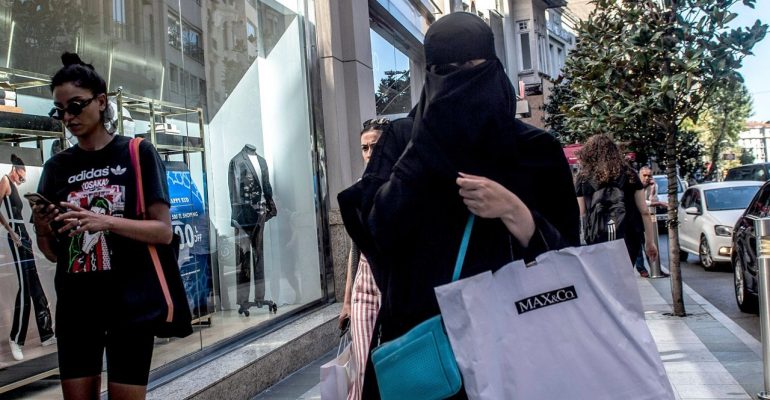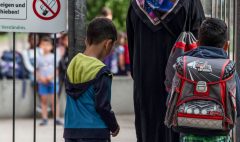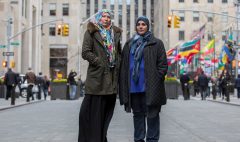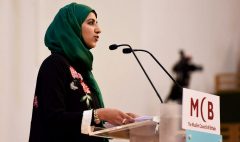Muslim women who cover their faces find greater acceptance among coronavirus masks
April 10, 2020 2023-05-22 16:24Muslim women who cover their faces find greater acceptance among coronavirus masks

Muslim women who cover their faces find greater acceptance among coronavirus masks
Americans began donning face masks this week after federal and local officials changed their position on whether face coverings protect against coronavirus. This is new terrain for many, who find themselves unable to recognize neighbors and are unsure how to engage socially without using facial expressions.
All the women interviewed for the book felt the spiritual benefits of niqab-wearing, which makes them feel closer to God and deepens their practice of Islam. But wearing it in public often subjected them to Islamophobic, racist and sexist street harassment.
Research confirms that Muslim women who wear Islamic dress in non-Muslim majority countries are frequently subjected to abuse. In a 2017 American study of 40 Muslim women, 85% reported verbal violence and 25% had experienced physical violence. Wearing the niqab, the most conspicuous form of Islamic dress, is most dangerous. Eighty percent of British niqab wearers interviewed for a 2014 report by the human rights group Open Society Foundations had experienced verbal or physical violence.
Now, in an unexpected turn of events, people across the West are jogging in face masks and grocery shopping in bandannas tied across their mouths. That’s making public life in the niqab much more pleasant, say Muslim women.
Fashion designers are even trying to make face coverings look stylish – an effort that has Muslim women long perceived a security threat rolling their eyes on social media. Even some non-Muslims are interested in the niqab as a means of protecting against coronavirus…
Source: The Conversation








